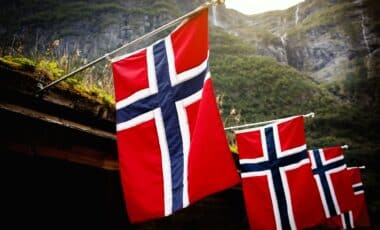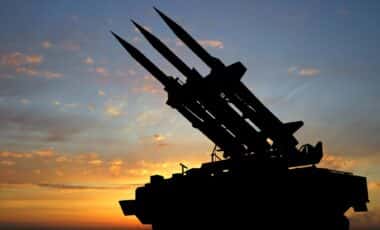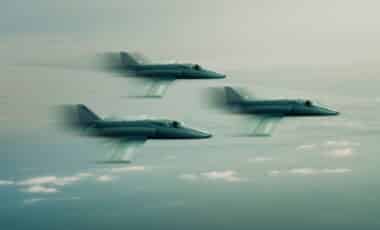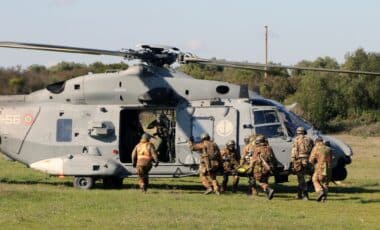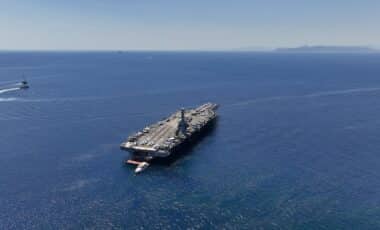surrender of what remained of his 6 th Army at Stalingrad, and his sensational defeat of hisarmored reserves in the fields outside of Kursk. Hitler refused to believe, but intuitively knew, itwas only a matter of time before the Soviets would be charging up the step of the Reichstag.The sword he had wielded on the weaker nations and their people of Europe was now poisedover his head ready to come down and divide his face in two.The full story of the retreat from Leningrad is narrated here in greater detail than everbefore, thanks to the survivors, the German officers who served as commanders and chiefs ofstaff for Army Group North, and its constituent armies. Their accounts were drafted soon afterthe war ended at the request of the U.S. Army, but the results languished in poorly translatedmanuscripts, that is, until Steven retranslated, corrected, and annotated them, as well asprovided substantial amounts of new material direct from the army groups’s operationalrecords. For us true armchair enthusiasts, the treasure trove was a Godsend! The result was themost comprehensive and detailed operational study of sustained combat in the northern sectorof the Russian front yet assembled and published in English.As this reviewer has been espousing for years, Schiffer Military, Casemate, and Osprey arethe reverent trinity, the union of three closely related military publishing companies in one, forall semi-serious to deadly serious readers, researchers, and scholars. With researcher-historiansSteven H. Newton, Richard N. Armstrong, Paul Carell, and a host of others, Schiffer, founded inthe 2003-2005 years, hints it may not only have published the most, largest, and best qualitywar books, but also the most obscure and alluring titles making it the nonpareil company. How
truly fortunate us buffs have been, are, and will continue to be.


